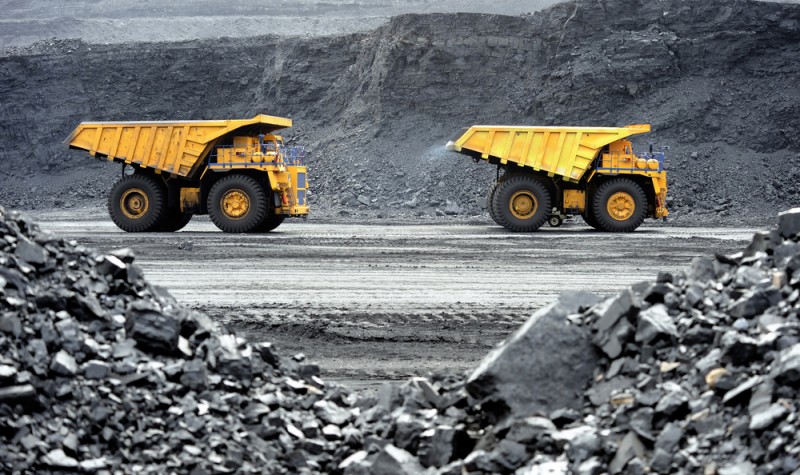Brazil’s Vale Eases Iron Ore Brinkmanship

Brazil’s mining giant Vale has made what looks to be a monumental leap forward for the iron ore industry, pulling back from a production race that has crushed prices from $190 to under $50 per tonne since 2011.
Shares in Vale, one of the big three iron ore majors, jumped nearly 9 per cent in New York last night after the company said it was shifting its strategy. “Our mantra is not volume at any cost anymore, it’s to maximize margin,” director Peter Poppinga announced yesterday, unveiling a production cut of 25m tonnes per annum.
The change begins with immediate effect, building on murmurs of a pullback voiced by Vale in April after the company reported its third quarterly loss in a row. It is only due to impact the group’s lowest value, high silica ore. “It doesn’t mean shutting mines,” Poppinga said, “It means optimizing some production flows at plants.”
Whilst a seemingly subtle shift, in strategic and competitive terms, the announcement signals a transformative moment for the industry.
Until now, Rio Tinto, Vale and BHP Billiton have all ramped up production as aggressively as possible, arguing that it would displace domestic iron ore in China and marginal miners in Australia, without damaging their own cash flow. Fortescue Metals, BC Iron and Atlas Iron, which trucks its ore to port because it lacks any rail access, have all seen their share prices crushed to near-decade lows amid the flood of new supply.
BHP has previously promised a reversal of the strategy, delaying a $2bn investment at Port Hedland in Western Australia that was designed to de-bottleneck shipments. The move spurred a sharp but short-lived rally in the iron ore price, but whilst BHP’s deferral amounted to a delay to expansion, Vale’s move this week may result in actual cuts.
Bruised by prices, analysts remain sceptical, saying that whilst Vale’s decision may help trim a supply imbalance, it is unlikely to have a meaningful impact on price. “The Chinese steel market is where we need to see an improvement.”
Shares in Rio and BHP have so far failed to react to the news, but Vale’s retreat nonetheless puts them in a strong strategic position. Both groups enjoy lower shipping distances to China and now have the luxury of choosing between increasing their marketshare, or joining Brazil in greater production discipline, bumping up prices.
Neither company is yet to publicly respond to the news. At midday in London, Rio traded at £26.08, whilst BHP is sitting at £12.50.
Comments (0)